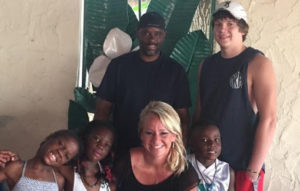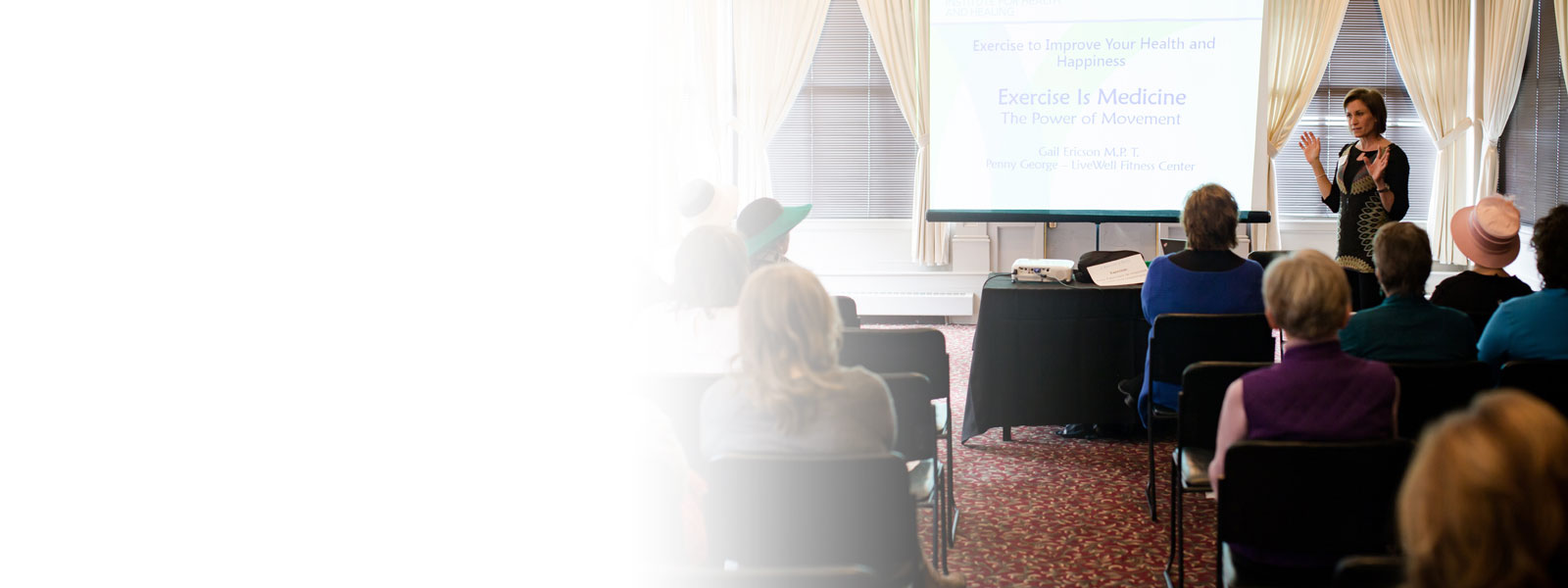Patient & Family Support
A Breath of Hope (ABOH) offers patient education and support services following a lung cancer diagnosis. From transportation to companionship to survivor and grief support groups, our goal is to lighten the burden and fill the care gaps for those living with lung cancer. Peer-to-peer HOPE companions and virtual support groups are available nationwide.
- What should I ask my doctor following a lung cancer diagnosis?
- I want to learn more about my diagnosis of lung cancer
- Animated Guide to Lung Cancer for patients & caregivers
- Signs and symptoms of lung cancer
- BECOME A VOLUNTEER: To learn more about becoming a peer-to-peer volunteer or becoming a driver:
- Drivers – Twin Cities, MN: email us at support@abreathofhope.org.
- Companions – U.S.: email us at support@abreathofhope.org
- To learn about volunteering at a MN event or in the office, email us info@abreathofhope.org.
- SUPPORT GROUPS FOR SURVIVORS, PATIENTS, CAREGIVERS, AND FAMILIES
U.S. Research
Per cancer death and compared to other common cancers, lung cancer research receives less funding which slows progress in improving a 26.6% five-year survival rate. Also, because of funding shortages, there is a long history of excellent researchers being diverted to other cancer fields where funding is more prevalent. ABOH supports talented young investigators and translational lung cancer research to improve treatments that will touch patients within five years. These scientists, from top U.S. cancer centers and universities, are selected through a nationwide competitive search. Click to find out more about the ABOH Research Fellowship Program.
Screening & Early Detection Nationwide
Early detection is critical to surviving lung cancer, and improved awareness is the first step to detecting it earlier. Currently, the approved and recommended form of preventative screening for lung cancer is the low-dose CT scan. Only a small number of people are eligible to receive lung cancer screening.
Screening is defined as looking for lung cancer before symptoms appear, when cancer may be easier to treat. If symptoms have becomes noticeable, a ‘scan’ may be needed. The test is often the same, but clinics and hospitals be will code it differently to remain compliant with insurance companies.
Are you eligible to be screened for lung cancer?
What are the signs and symptoms of lung cancer?
74% of lung cancer cases are diagnosed in stage 3 or 4 when it is harder to beat. Lack of awareness and mostly late-stage diagnoses are critical problem areas and contribute greatly to the 77% mortality rate of lung cancer. Most smokers are not receiving the annual low-dose CT scan that could save their lives, and nonsmokers and former smokers (making up 60% of each year’s diagnoses) often miss symptoms and are not currently eligible to be screened for lung cancer.
The smoking stigma that surrounds lung cancer keeps the facts hidden from the general public leaving them uneducated about the world’s deadliest cancer. Without awareness and expanded preventative screening, lung cancer will continue to show an appalling 26.6% five-year survival rate.
A Breath of Hope Lung Foundation partners with individuals, businesses, and healthcare systems to ‘WRAP’ awareness and wellness around communities. Through awareness events, public speaking, marketing campaigns, and community outreach, ABOH provides vital information about lung cancer to the public.
A Breath of Hope Stories

Wes Graves
The morning of September 8, 2017 started like any other for Wes Graves and his family. Wes had been experiencing a cough for nearly one year. After seeing numerous medical providers who initially believed his cough was due to allergies, Wes and his wife, Melissa were able to convince one of his providers to order a low-dose CT scan of his chest and lungs. The results showed abnormal tissue in his lungs and the next step was a biopsy.
When they received the results off the biopsy, they were devastated. Melissa said, “It was that moment when you literally gasp to inhale the air that was abruptly taken from you. At age 51, Wes was diagnosed with lung cancer.” Melissa shared, “Wes never smoked, but we learned quickly that lung cancer doesn’t care if you smoked or not. If you have lungs, you can get lung cancer.”
Wes and his family waited anxiously for several days to receive reports about the final pathology and additional imaging studies. His PET scan showed that the cancer had spread to his lymph nodes leaving him with a stage 4 lung cancer diagnosis. While they waited for the results of genetic testing (which took several weeks), Wes received two treatments of IV chemotherapy. Finally, in November, his genetic testing was complete, and results identified an opportunity to target a specific gene that was felt responsible for his cancer.
A new medication and clinical trial has offered Wes, Melissa and their five children additional time. They know now that time is precious, limited and finite. They are thankful for each day and continue to pray that new treatments will emerge from current lung cancer research.
Excerpt from Melissa’s Journal:
Wes and I don’t know how long we have together. Reality is – none of us do. See, we have an expiration on Wes’s treatment. Eventually the cancer mutates and figures out how to overcome the treatment. We have an expiration, but the timeline is not clear. So, what do you do when you have been given a certain, but undefinable expiration? We live today. We make memories. Remember how his hug feels. Remember what his laugh sounds like. Remember what his hand feels like. Remember what he smells like. Remember him.


